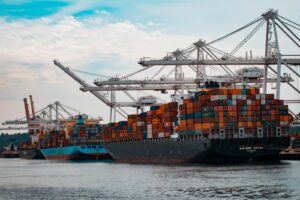There were over 51 million diesel cars and vans on EU roads in 2018, an increase of 18% over the previous year, according to Transport & Environment (T&E).
T&E analysis of sales figures found that numbers of diesel vehicles continue to grow across the continent even after the ‘dieselgate’ scandal, which revealed that numerous carmakers had been manipulating diesel cars for years in order to pass official air pollution tests by disabling or turning down exhaust after-treatment systems in real-world driving on the road.
Earlier this year, T&E revealed that just 25% of the most polluting diesel cars identified during the dieselgate emissions scandal have been recalled across the EU since 2015.
Almost one-fifth of the diesels sold were Germany (9.9m), followed by France (9.8m) and the UK (8.5m). Together with Italy, Spain and Belgium, these six countries represent 81% of the EU diesel fleet.
Florent Grelier, clean vehicles engineer at Transport & Environment, said ‘It’s outrageous to see the number of dirty diesels on Europe’s roads rising and reaching over 50 million. This is because carmakers prioritised profits over people’s health. Regulators must stop turning a blind eye to the main source of toxic air and force carmakers to get clean now.’
Currently, Euro 6 is the European benchmark standard for vehicle emissions, and vehicles which meet the standard receive unrestricted access to Low Emission Zones (LEZs).
T&E included both Euro 5 and Euro 6 diesel vehicles in their analyses — heralded by carmakers as a ‘cleaner’ version of vehicles but which still produce dangerous nitrogen oxide (NOx) emissions.
In July, AIR (Allow Independent Road-Testing) warned that cities using, or planning to use, the Euro 6 standard as the basis for their low-emission zones (LEZs) will not deliver the air quality improvements they expect.
AIR sounded the alarm after the UK’s Driver and Vehicles Standards Agency (DVSA) published a report which found that some cars of Euro 6 standard produce up to 20 times the emissions limit for nitrogen oxides (NOx) in laboratory tests.
















